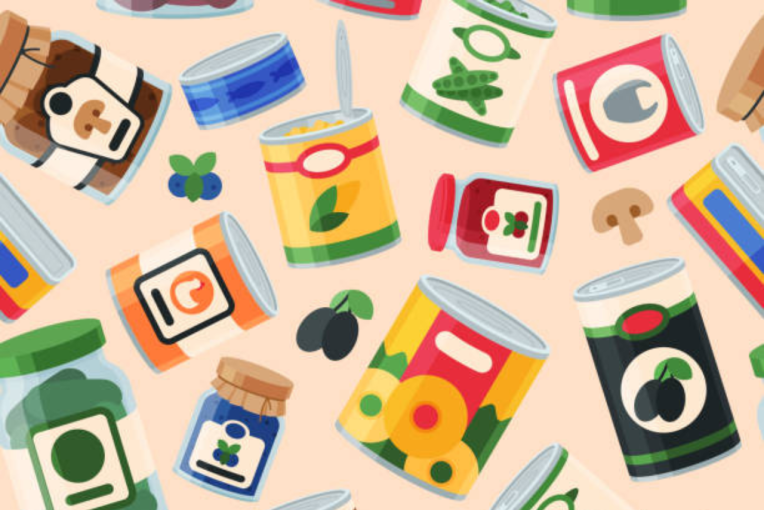Wonsook Kim College of Fine Arts has partnered with the School Street Food Pantry in an effort to support the needs of currently enrolled college and trade school students in the Bloomington-Normal area who are experiencing food insecurity. From Monday, November 27 through Monday, December 18, Fine Arts faculty, staff, students, and guests attending upcoming events will have the opportunity to donate non-perishable and personal care items and compete as part of a school/program team to collect the most items. Collection boxes will be placed in the following areas:
- Center for the Performing Arts Lobby
- Julian Hall 57 (School of Music Office)
- Milner Library 111A (School of Theatre and Dance office)
- Center for the Visual Arts room 138 (Creative Commons)
- Center for the Visual Arts room 204 (Wonsook Kim School of Art office)
- University Galleries
Wishlist items include: boxed macaroni and cheese; breakfast cereal (smaller boxes); canned items such as chicken and tuna, fruit, and tomatoes; canned sauce; pastas and pasta sauces; cooking oil; flour; powdered milk; rice and rice mixes of any kind; spices; sugar; vegetarian and gluten-free foods; and personal care items: body wash or bar soap, shampoo, toothbrushes and toothpaste.
The School Street Food Pantry is located inside Normal First United Methodist Church at 211 N. School St. The church is immediately north of Milner Library on the Illinois State University campus.
From August 2022 to August 2023 the School Street Food Pantry served 3,601 students. Since August 2023 year-to-date, the food pantry has increased the number of students served by more than 25%.
Food insecurity is the limited or uncertain availability of nutritionally adequate and safe food or the ability to acquire such food in a socially acceptable manner. Some of the national data on student food insecurity demonstrates how challenging hunger can be to our students’ success or struggle. Students who experience food insecurity experience greater risk of academic failure including lower GPA, failure to persist, inability to fully participate in their educational experience, and higher rates of mental health issues.
According to a 2021 Johns Hopkins study, food-insecure learners are about half as likely (43%) to graduate from college than their food-secure peers. The study also showed that students in high-risk categories, such as first-generation students, also struggle to finish school. Only 47% of students who were both food-insecure and first-generation students graduated from college, compared to 76% of their food-secure, non–first-generation peers.
The Center for Integrated Professional Development offers required and suggested syllabi statements, including one for basic needs. Instructors are encouraged to use these to provide valuable information to students.
The School Street Food Pantry is open for distribution from 4–6 p.m. each Friday from August through May.

